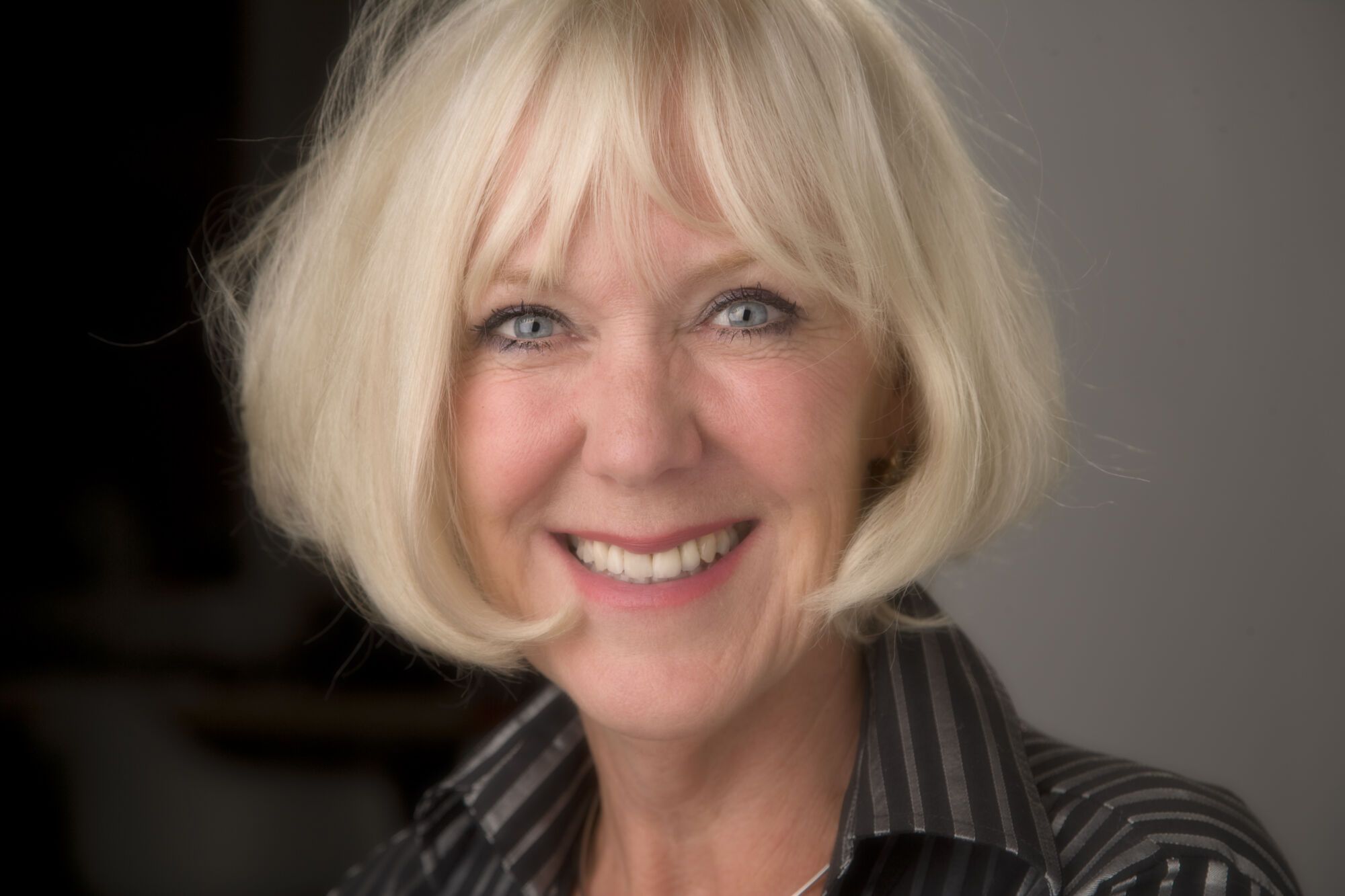It was World Theatre Day on March 27th. Theatre is celebrated on the same date every year, since the 5th century BC, when the first playwright, Aeschylus, entered the arena in Athens together with the first ever actor, Thespis, and shouted to the expectant crowd, “The show must go on”.
And on it went – for all of all of us regardless of race, creed or social position – for centuries.
And now, in Spring 2024, many successful playwrights, directors and actors, have been asked why theatre is so important. I wasn’t asked, but here is my own dreamed-of subsidy’s worth.
Theatre, derived from the Greek “a place for sight“ is the most immediate way of making an impact on culture and society. Gathering with others in a space and reveling in drama, comedy, music or dance, is the best shared experience.
More than ever, we need a Theatre Day to remind politicians about its value and significance to society. I suspect that many don’t really care, but we can hopefully persuade them to provide money for theatre to continue to flourish.
No intention to pursue comedy
I am passionate about the teamwork that goes into creating theatre. My preference has always been comedy.
But it was never my intention to pursue a comedy career. I was trained in classical theatre at university and theatre school, but one evening changed my life. I was acting in a Strindberg play in London, and one of my fellow actors told me that he was a late-night comic.
I went to see his “act” at a cabaret venue in Soho and watched him reduce the audience to tears of laughter. I was offered a “comedy spot“. When I said that I couldn’t tell jokes, I was booked as a singer.
The following week, I turned up at the cabaret to sing, and my comedy friend gave me a a couple of jokes to “spice up my act “. To my amazement, the audience laughed.
I rushed backstage and begged for more jokes. In no time I became a “joke junkie “and developed my own comedy show.
Danes are brilliant speech-makers
I quickly discovered that performing comedy is an extreme sport. I’d never go hang-gliding, but doing a solo comedy show in front of an audience is both terrifying and thrilling.
It is said that speaking in front of a crowd of people is the number one fear of the average person. The second is death. Interesting. Does this mean that, if an average person was at a funeral, they’d rather be in the coffin, than making a speech?
Ha! Let’s hope not.
Some people, especially Danes, are brilliant at speech-making. You only have to go to a Danish wedding and hear the many long speeches, spiced up with songs and “skål“, to realize how competent they are .
And Danes love to get together and party. It’s part of the “hygge” tradition to share an experience with others.
Never work with men in tights
Shared humor in the live theatre environment is a kind of relief valve, or else the pressures we face every day might just cripple us. I was booked to be toastmaster at a prestigious Danish dancer event attended by royalty.
I had broken my foot, so I was carried onstage by two male ballet dancers in tights. I’m not sure if the audience was more affected by the sight of my huge support boot or the eye-catching men.
At any rate, when I was lowered onto a chair by these two hunks, I instinctively stood up, wobbled, and fell over. The audience laughed. The tension was released, and I learned two things: never work with men in tights, and standing is definitely the best way to do Stand-up comedy.
I have been making fun of the Danes in my shows for 40 years and, luckily for me, they have a good sense of humor and self-irony. Theatre is important to Danes, and they make terrific audiences.
Aeschylus would have loved them. The performing arts need financial help to ensure that theatre is open to all, to laugh or cry with others and not be shut away in our homes with a screen for company.
So, let’s not forget: “The show must go on“.


